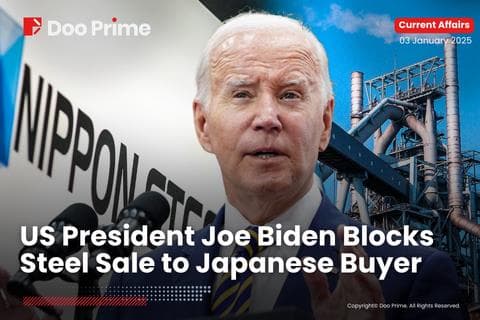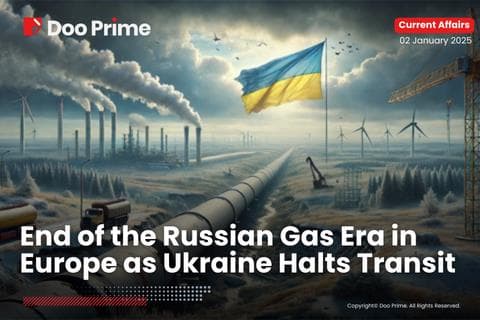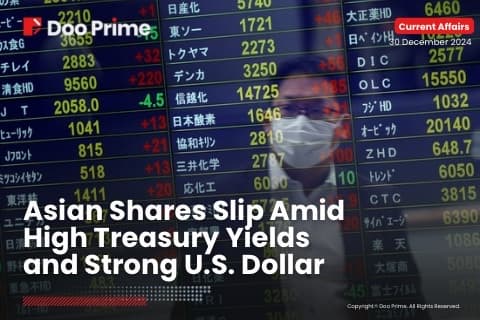Today’s News

Image Source: Bloomberg
In a significant blow to Visa and Mastercard, British regulators are planning to reimpose a cap on card fees applied to transactions between the U.K. and the European Union. This move comes as a response to the duopoly’s substantial increase in charges on businesses, amounting to more than fivefold since the Brexit transition.
The Payments Systems Regulator (PSR) unveiled its proposal, aiming to rein in what it considers to be excessive interchange fees levied on cross-border and online credit and debit card payments. Chris Hemsley, managing director of PSR, highlighted concerns that the fees set by Mastercard and Visa for U.K. businesses accepting European Economic Area payments had reached unjustifiably high levels.
Hemsley stated, “The fees charged by Mastercard and Visa to U.K. businesses which accept payments from within the European Economic Area are likely too high. In short, we do not think this market is working well.” He further emphasized that the inflated fees imposed by these card giants resulted in an estimated additional cost ranging between GBP 150 million to GBP 200 million (USD 189 million to 252 million) for U.K. businesses just in the past year.
The watchdog’s provisional findings revealed staggering hikes in debit card interchange rates for U.K.-EU online transactions, soaring from 0.2 per cent to 1.15 per cent, and for credit card fees, rising from 0.3 per cent to 1.5 per cent, in 2021. Concerns over the unfair burden on companies and potential spikes in consumer prices led the PSR to suggest a return to the pre-Brexit fee levels established by the EU in 2015 for U.K.-EU cross-border transactions.
While the PSR intends to initiate an immediate cap at previous EU rates, it aims for a comprehensive and enduring cap after conducting further analysis to determine an appropriate fee structure.
Visa and Mastercard, however, have staunchly opposed the imposition of a cap, citing higher fraud rates in cross-border transactions as justifying the increased expenses. They express apprehension about the potential erosion of their network dominance and the lucrative fees they offer to card issuers, such as banks, in a market increasingly challenged by newer, more cost-effective online payment methods.
A recent government-commissioned review highlighted the need to establish new payment systems to compete with the current networks, criticizing their cumbersome processes. Former Nationwide chief executive Joe Garner, who led the review, emphasized that retailers felt constrained due to the declining use of cash and the reliance on card acceptance.
Interchange fees, administered by Visa and Mastercard on behalf of lenders for debit or credit card transactions, serve as incentives for banks to favor one network over the other, despite the card companies themselves not directly receiving these fees.
Acknowledging the limited options available to businesses, as Visa and Mastercard cards dominate approximately 90% of online transactions among groups using EEA-issued cards, the PSR emphasized the necessity for intervention.
Visa expressed strong disagreement with the findings, stating that the proposed remedies lacked justification, emphasizing the complexity and higher fraud risk of such transactions. Mastercard similarly disagreed with the PSR’s conclusions, asserting that interchange fees reflect the value offered to consumers and businesses in a highly competitive market.
While some industry experts see the proposal as a positive step benefiting consumers and businesses, concerns linger about potential revenue loss for networks. This might result in compensatory measures such as limiting cashback and loyalty points or introducing charges for credit card usage.
Francesco Simoneschi, CEO of TrueLayer, urged regulators to go beyond short-term fixes and focus on promoting competition and nurturing alternative payment pathways.
The PSR has invited stakeholders to provide feedback on its findings and proposals until the end of January, concurrent with its separate investigation into card networks’ processing fees.
Other News
Country Garden’s USD 428 Million Disposal for Debt Restructuring
Country Garden, a Chinese property giant, is selling a 1.79% stake in Zhuhai Wanda Commercial Management Group for USD 428 million to aid in restructuring its substantial USD 15.2 billion international debt load.
U.K. Housing Market Brightens On Lower Mortgage Rates
Rics’ November survey signals U.K. housing market improvement due to reduced mortgage rates. Agents foresee increased transactions, positive price trends, and rental market stabilization ahead.
NAB and Jarden Merge for USD17.99B NZ Wealth Entity
NAB and Jarden unite their NZ wealth units, forming FirstCape with NZD 29B (USD 17.99B) in funds. The merger aims to expand advisory services and features Malcolm Jackson as CEO, supported by executives from both entities.



